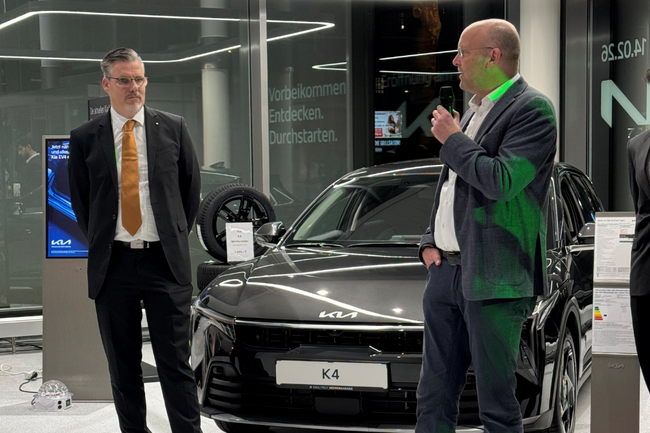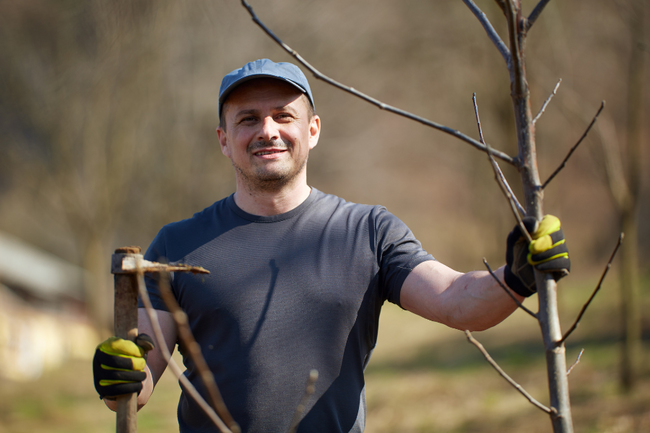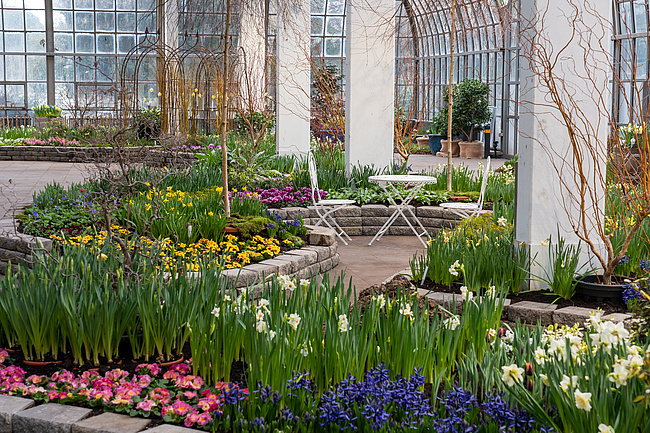The world's probably oldest bonobo has died at Frankfurt Zoo. The female monkey Margrit was probably the oldest ape of the population living today and the current oldest representative of her species. Peacefully and quickly, the legendary female ape died in her group at the Frankfurt Zoo's Ape House on the afternoon of January 27. The very old female was doing well until the end. Only two days earlier, the keepers familiar with her noticed slight changes in her. She was somewhat less active and was not eating her usual amounts. She showed no signs of pain.
"For more than 60 years, Margrit lived with us at the zoo. For a long time, the mother of many was the matriarch and an important member of her group until the end. In 2008, she witnessed the relocation of the apes to the Borgori Forest with its spacious indoor and outdoor facilities, and generations of zoo staff got to know her. Last fall, Margrit and her group participated in a large-scale behavioral study conducted by the Max Planck Institute for Evolutionary Anthropology in Leipzig," says Ina Hartwig, department head for culture and science.
"Margrit was a personality, friendly, cooperative and with a mischievous streak. We are saddened by her death and it leaves a void especially with the colleagues who cared for her and looked after her over many years. She died within minutes of being observed by the care team while the younger female, Hannah, sat by her side. Margrit had an unusually long life and was well-liked and respected among her peers. Now it was time for her to go," said zoo director Christina Geiger.
Margrit was probably born in the rainforests of Congo in the early 1950s. In November 1959, she arrived at Frankfurt Zoo along with another female bonobo from Kinshasa Zoo, now the capital of the DR Congo. She had offspring seven times. The zoo also owes the world's first breeding of bonobos to her in 1962. Three of her children still live in the zoos of Wuppertal, Cologne and La Vallée des Singes in France. Currently, Margrit has more than 80 living offspring. Bonobos are kept in only 19 zoos worldwide, and her offspring live in 17 of them. Meanwhile, she even has great-grandchildren of the fifth generation - some of them still live in Frankfurt.
Today, animals born in the wild still live in zoos is rather the exception. With the entry into force of the Washington Convention on International Trade in Endangered Species in 1975, the commercial trade of species that are highly threatened by these activities was prohibited. Numerous breeding programs ensure that zoo populations can be maintained permanently and with sufficient genetic diversity without importing wild-caught species.












